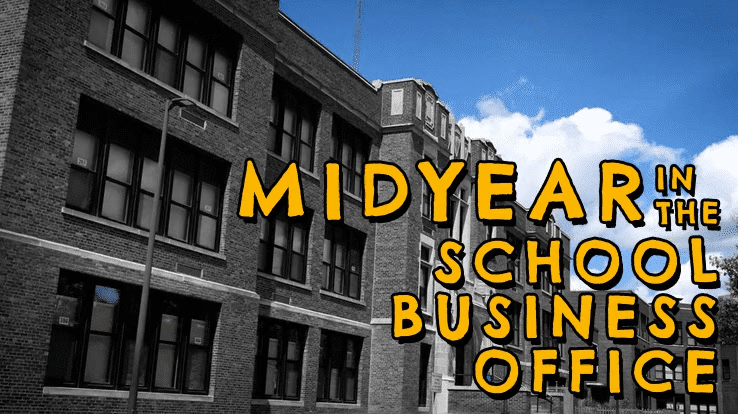
While superintendents are undoubtably educators, their impact shifts dramatically.
Superintendency shifts from doing to theorizing, planning, strategizing, and becoming the delegating visionary. In fact, superintendents are more likely to impart knowledge on fellow administrators, principals, and teachers, even if it’s designed to trickle down to transform student experiences for the better. What superintendents give up is the act of imparting knowledge directly to students—the direct action of educating kids, the doing in a K12 school. If you’re unwilling to give up doing, then explore your outlets outside the district office—your leadership is invaluable.
If you’re ready to spacewalk into the unknown galaxy of district outcomes, strap in.
The difference a district-level role makes
New superintendents move from a classroom or school office setting into a district-level, school board liaison role. Ideally, they’ll have some classroom experience under their belt, because ultimately every decision will impact each classroom and student.Policy implementation
One responsibility of superintendents is to enact the policies their elected school board approves. This is the agreement between the two camps: the school board will decide the policies, and the superintendent agrees to put them into place.Superintendents are accountable to their employees, but also to their boards. This dual responsibility requires a diplomatic and delicate balance, because the reality is, the board and the staff don’t always see the same vision. It’s up to the superintendent to work their strategic magic to unite the district and the board.
Direction and delegation
There’s a familiar, bittersweet pang watching kids grow up and watching people do your old job. After all, you found so much fulfillment and achievement in that role—the nostalgia is real. However, if you can hurdle that heartache, inspiring the new guard of classroom educators is worth it.While it’s true shifting to district-wide leadership will be different, keep focus on your reasons for making the switch. Change happens at scale as well as individually.
Resource management
The big picture shifts, and district-wide resources come into sharp focus. It’s the superintendent’s responsibility to ensure students get the best education possible, and that means carefully stewarding budgets, resources, staffing, and more. All the moving parts to making school happen occur on the superintendent’s watch, and their success or failure impacts the entire district.Superintendents must be able to see reports, dashboards, and live data to guide decision making daily. A combined student information system and enterprise resource planning system can make this process a little easier: student needs and achievement are available at a glance, and employee well-being and development are also at their fingertips. Data must be easily broken down by grade level, school site, and many other filters. Plus, a reliable way to manage mass communication makes urgent messaging easier in the event of emergencies, inclement weather, and sharing exciting news with the entire district and community in one fell swoop.
Mission, vision, values
Above all, superintendents understand the mission and vision district leaders have worked hard to put into place. This deep understanding keeps a focus on student success, whether it’s enacting school board policy or helping little ones in the lunch line. When leaders are laser-focused on the vision, their example inspires everyone else to follow suit. That’s how great, lasting school culture is created and how school climate is elevated. While superintendents are preoccupied with advancing progress for all, teachers can care for the important one-on-one tasks with students.A great superintendent is as important to a school district as each individual teacher, student, volunteer, administrative assistant, and lunch server. Everyone does their part to make school a little better for students.
Follow-up resource: Automation makes life easier
The best benefit you can give your staff? Easing their mental load through data automation.WHAT'S NEXT FOR YOUR EDTECH? The right combo of tools & support retains staff and serves students better. We'd love to help. Visit skyward.com/get-started to learn more.

|
Erin Werra Blogger, Researcher, and Edvocate |
Erin Werra is a content writer and strategist at Skyward’s Advancing K12 blog. Her writing about K12 edtech, data, security, social-emotional learning, and leadership has appeared in THE Journal, District Administration, eSchool News, and more. She enjoys puzzling over details to make K12 edtech info accessible for all. Outside of edtech, she’s waxing poetic about motherhood, personality traits, and self-growth.




